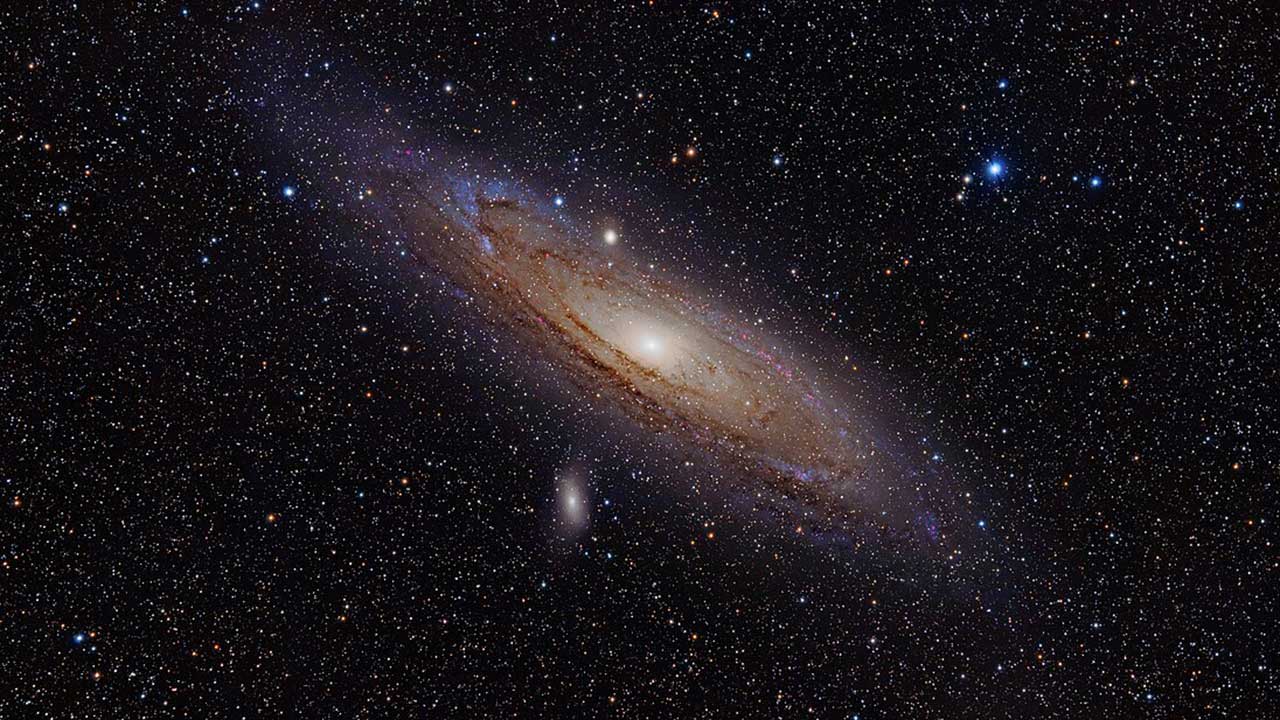
The concept of the universe being a computer simulation has intrigued scientists and philosophers alike. My recent study delves into how the force of gravity might be a crucial indicator that supports this provocative hypothesis. By examining the fundamental nature of gravity, we can explore the possibility that our reality is not as it seems.
The Simulation Hypothesis: An Overview
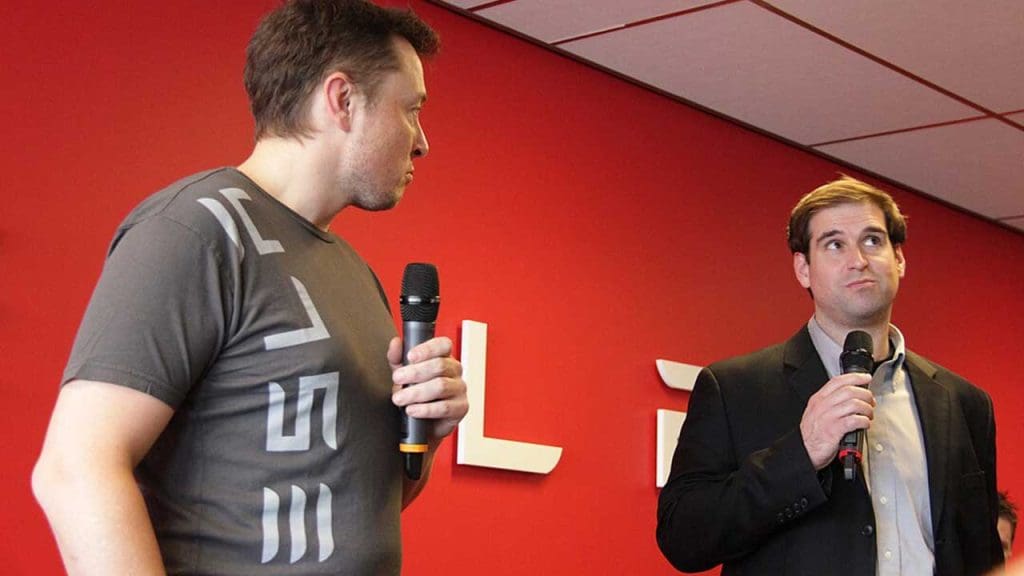
The simulation hypothesis posits that our reality might be an artificial construct created by an advanced civilization. This idea has origins in philosophical musings, such as René Descartes’ “evil demon” thought experiment and later, Nick Bostrom’s proposition that it is highly probable we live in a simulation. These ideas have gained traction in the modern era, fueled by advancements in technology and theoretical physics.
Prominent figures such as Elon Musk and physicist Silas Beane have contributed to the discussion, arguing that the rapid pace of technological progress suggests that creating a simulated universe is within the realm of possibility. Musk famously stated that there is a “one in billions” chance that we are living in base reality, emphasizing the simulation argument’s growing acceptance among tech and science communities.
As computing power and AI continue to evolve, the feasibility of developing complex simulations increases. Quantum computing and neural networks are pushing the boundaries of what is possible, making the idea of a simulated universe more plausible. This technological trend suggests that simulating a universe, complete with its own set of physical laws, might not be as far-fetched as it once seemed.
Gravity: A Fundamental Force
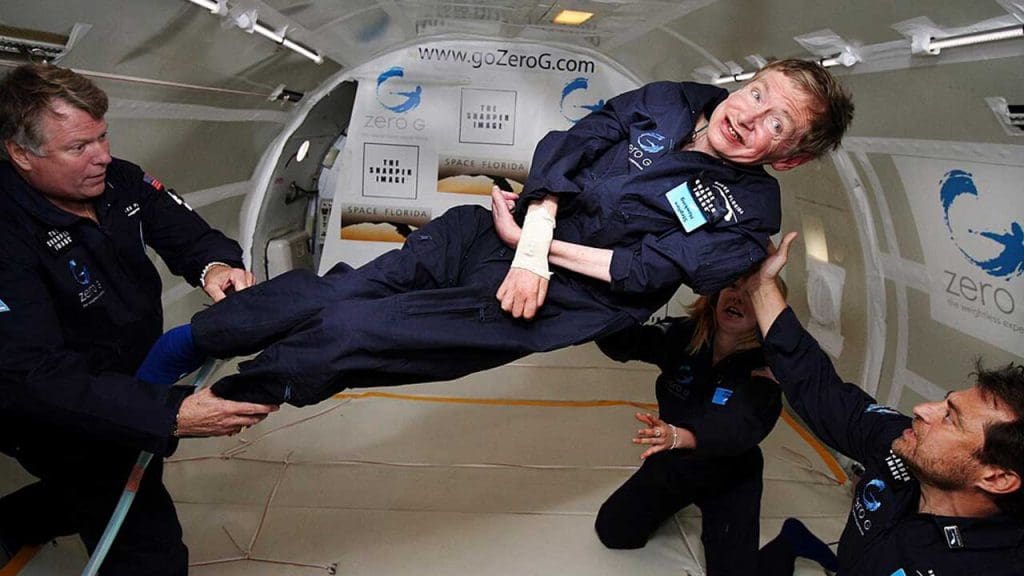
Gravity, one of the four fundamental forces of nature, is integral to the structure and function of the universe. It governs the motion of celestial bodies and dictates the formation of galaxies, stars, and planets. Despite its significance, gravity remains one of the least understood forces, with many phenomena still unexplained by classical physics.
Anomalies such as dark matter and the challenges of unifying gravity with quantum mechanics highlight the mysteries that still surround this force. The existence of dark matter, inferred from gravitational effects on visible matter, raises questions about our understanding of gravity. Similarly, the quest for a theory of quantum gravity that reconciles general relativity with quantum mechanics remains one of the greatest challenges in physics.
In the context of a simulated universe, gravity could be seen as a programmed feature, essential for maintaining the structure and coherence of the simulation. It might be that the peculiarities and puzzles associated with gravity are indicative of its artificial nature, hinting at underlying computational processes that govern our reality.
Evidence Supporting the Simulation Theory
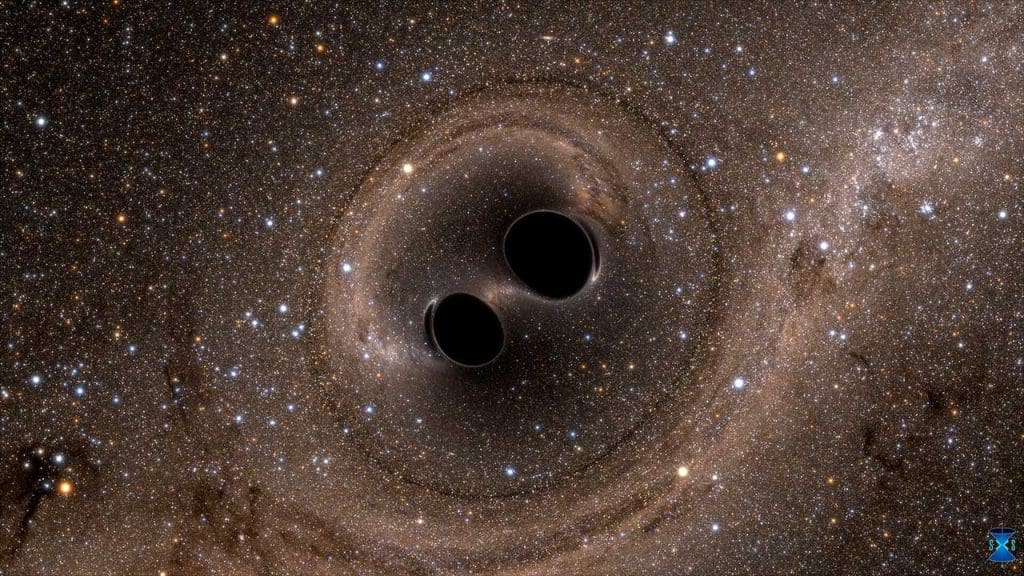
The universe operates under a set of physical laws that seem remarkably well-suited to support life and complex systems. Some argue that these laws, including gravity, may reflect the constraints of a computer simulation. The idea is that just as software is bounded by the limitations of its hardware, our universe might be similarly restricted by the computational resources of its creators.
Mathematical patterns found in nature, such as the Fibonacci sequence and fractals, suggest an underlying order that could be interpreted as indicative of a designed system. These complex patterns, pervasive in both natural and artificial systems, might imply that our universe operates according to a predetermined code, much like a simulation.
Recent experiments and observations have provided intriguing hints that align with the simulation hypothesis. Studies of cosmic microwave background radiation, for instance, have revealed anomalies that some scientists argue could be indicative of a simulated universe. Additionally, research into gravitational waves and quantum entanglement continues to challenge our understanding, offering potential avenues for exploring the simulation hypothesis further.
Challenges and Criticisms of the Simulation Hypothesis
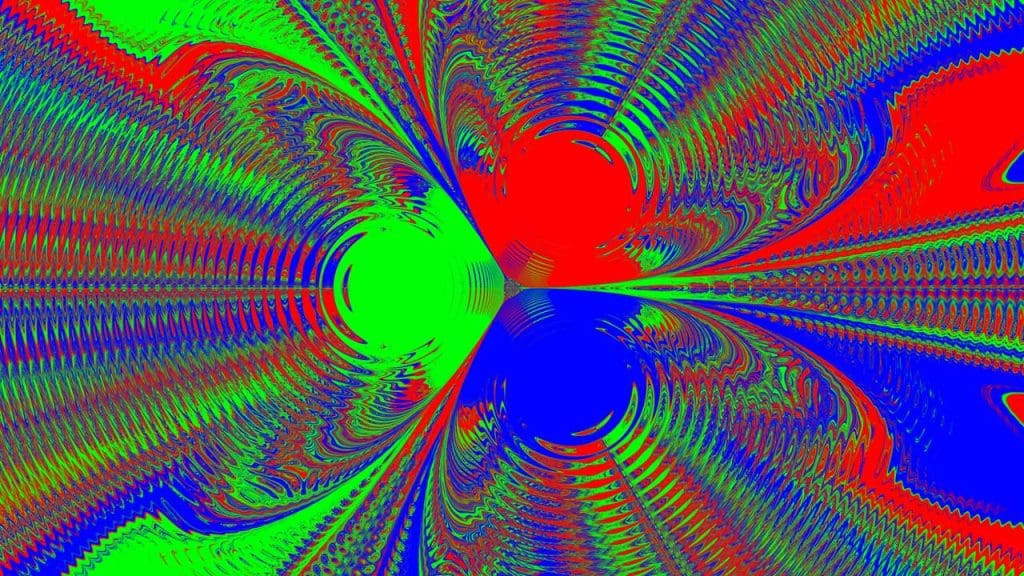
The simulation hypothesis raises significant philosophical and ethical questions, challenging our notions of reality, free will, and the nature of existence. If we are indeed living in a simulation, it poses questions about the purpose of our existence and the intentions of our creators. These ideas also touch on ethical considerations regarding the treatment of simulated beings and the responsibilities of the creators.
Scientific skepticism remains a formidable challenge to the simulation hypothesis. Critics argue that the hypothesis is difficult, if not impossible, to prove or disprove, making it more of a philosophical conjecture than a testable scientific theory. The lack of empirical evidence and the challenges of producing definitive experimental proof further complicate its acceptance in the scientific community.
Future research in this area will likely require interdisciplinary collaboration, combining insights from physics, computer science, and philosophy. Potential experiments could explore quantum computing, AI, and gravitational studies to uncover evidence that could support or refute the simulation hypothesis. As our understanding of the universe grows, so too will our ability to explore these profound questions.
Implications of a Simulated Universe
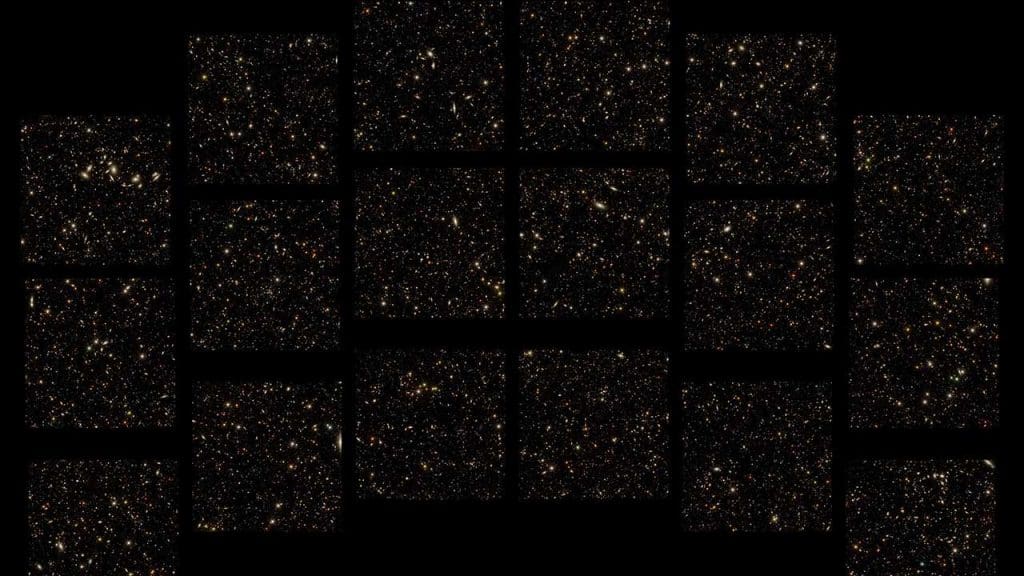
If the simulation hypothesis were to be accepted, it would have profound implications for science and technology. It could lead to a paradigm shift in scientific research, influencing the way we approach the study of the universe and its underlying principles. Technological development might also be directed toward understanding and potentially interacting with the simulation’s structure.
On a societal level, the notion of living in a simulation could alter our perspective on existence and reality. It might change how we view our lives, our relationships, and our place in the universe. The idea that our reality is an artificial construct could lead to a reassessment of values and priorities, impacting philosophy, religion, and ethics.
Gravity, as a fundamental force, plays a crucial role in this discussion. Its unique characteristics and the mysteries surrounding it make it a key focus for exploring the simulation hypothesis. By understanding gravity’s role within a simulated universe, we may uncover new insights that guide future explorations and deepen our understanding of the nature of reality.